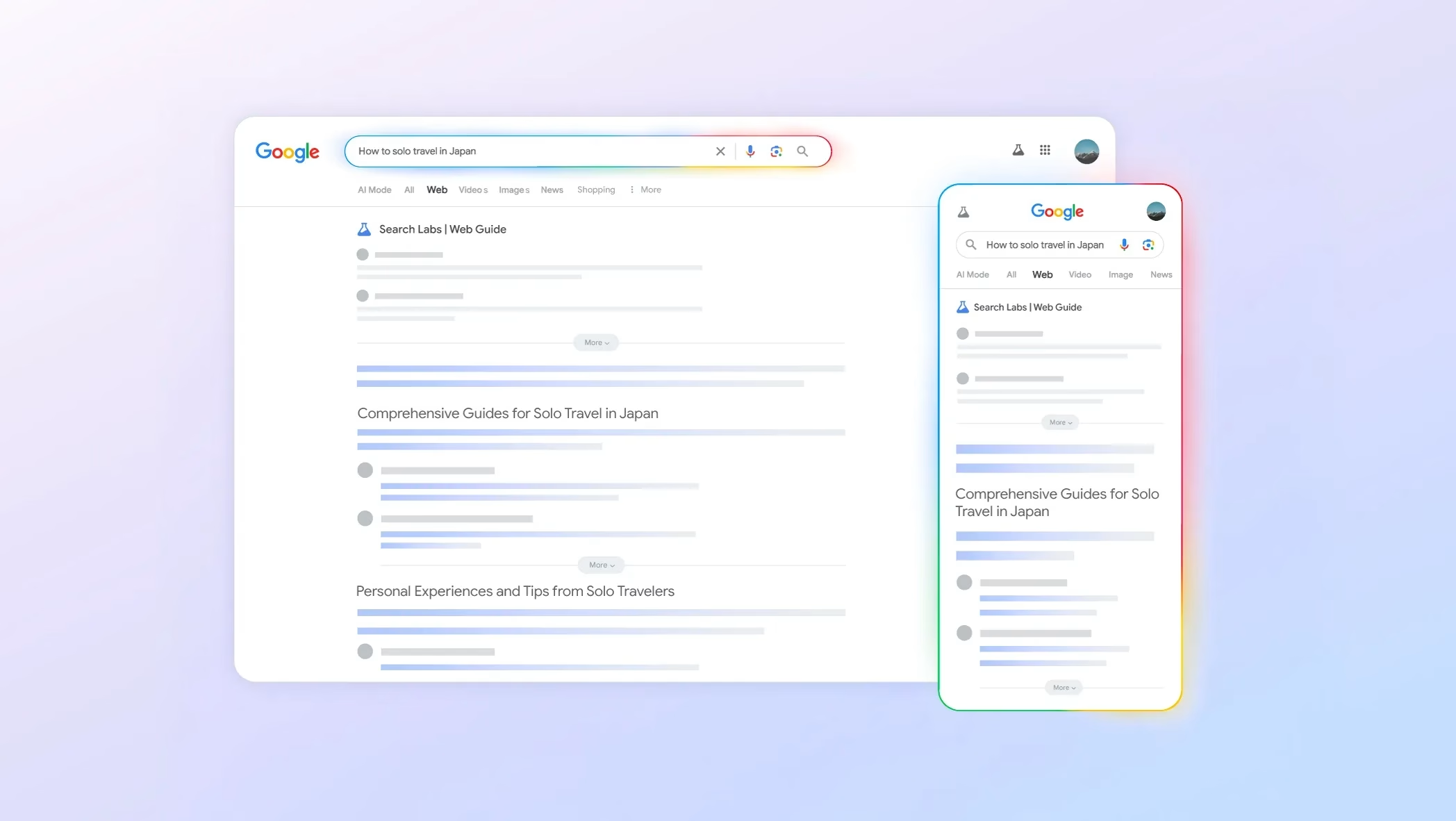Google Unveils Web Guide: A New Era for Search Results
Google has just pulled back the curtain on "Web Guide," a brand-new experiment within its Search Labs initiative, promising to revolutionize how we interact with search results. Launched on July 24, 2025, this AI-powered feature aims to intelligently organize the search results page, making it significantly easier for users to find the information and web pages they're looking for. It's a pretty big deal, honestly, for anyone who spends a lot of time digging through search results.
Austin Wu, Group Product Manager for Search at Google, highlighted that Web Guide isn't just another tweak; it's a fundamental shift. Instead of a linear list of links, imagine your results grouped by topic, almost like a curated collection. That's the core promise here.
The AI Behind the Organization
So, how does Web Guide actually work its magic? At its heart, it leverages a custom version of Google's advanced Gemini AI model. This isn't just about understanding your query; it's about deeply comprehending the content across the web and then intelligently grouping related links. Think of it as having a super-smart librarian who not only finds all the books on a topic but also organizes them into logical sections for you.
The system employs a "query fan-out" technique, which is quite clever. Essentially, when you type in a search, Web Guide doesn't just run one search. It concurrently issues multiple, related searches in the background. This allows it to identify a broader range of relevant results and, crucially, to understand the different facets of your query. This approach, similar to what we've seen in AI Mode, really enhances its ability to surface pages you might otherwise have missed.
For instance, if you're planning a trip and type in something open-ended like "how to solo travel in Japan," Web Guide won't just give you a jumble of blogs and travel sites. It'll likely group results into categories such as "Accommodation for solo travelers," "Safety tips for women solo travelers," "Budgeting for Japan trips," or "Must-see sights for solo adventurers." It's a more intuitive way to explore complex topics. Or, consider a multi-sentence query, "My family is spread across multiple time zones. What are the best tools for staying connected and maintaining close relationships despite the distance?" Web Guide could organize results by "Video conferencing tools," "Shared activity apps," "Communication strategies," and so on. It's designed to cut through the noise.
Phased Rollout and Broader Ambitions
As with many of Google's experimental features, Web Guide is rolling out gradually. Initially, it's accessible to opted-in users via the "Web" tab on Google Search. This means you'll need to be part of the Search Labs program to try it out right now. The good news? You can easily switch back to the standard Web tab results anytime you want. It's not a forced change, which is always a relief when new features drop.
But here's where it gets interesting: Google isn't stopping there. The plan, as part of this ongoing Labs experiment, is to eventually integrate these AI-organized results into other parts of Search. Yes, that includes the coveted "All" results tab. This expansion will happen as Google gathers more data and learns where Web Guide can be most effective in helping people discover the web. It suggests a strong belief within Google that this isn't just a niche feature, but something that could fundamentally improve the core search experience for everyone.
Reshaping the Search Experience
The implications of Web Guide are significant. For users, it promises a more efficient and less overwhelming search experience. How many times have you scrolled endlessly, clicking through links that didn't quite hit the mark? By intelligently grouping results, Web Guide could drastically reduce that "sifting" time. It's about getting to the information you need, faster and with less cognitive load. This could lead to higher user satisfaction and, frankly, a more enjoyable way to explore the vastness of the internet.
What This Means for Your Daily Searches
Ultimately, Web Guide is Google's latest stride in making search more intuitive and powerful. For those of us who rely on search daily—which is pretty much everyone, right?—this experiment could genuinely change how we discover and consume information online. It’s still early days, of course, but the potential for a more organized, less cluttered search experience is exciting. Keep an eye on Search Labs; it's where the future of search is being built.
